
Germany’s reputation as a recycling powerhouse isn’t just a national achievement—it’s a testament to the remarkable recycling efforts that take place at the municipal level. With a strong focus on community involvement, innovative infrastructure, and sustainable practices, Germany has set a high bar for municipal recycling programs that the rest of the world can learn from and emulate.
Currently, Germany recycles 66.1% of its garbage waste at a municipal level. This places the country as the most effective and prominent country when it comes to recycling in the entire world. This highlights the citizens’ strength and motivation to deal with environmental issues on a daily basis.
That being said, the 66.1% of recycling that has been recorded in 2023 is also as a result of several legislations and rules that have been imposed by the country’s dedicated government. Nonetheless, numerous factors have contributed to placing the country at the top of the world’s sustainability ranking.
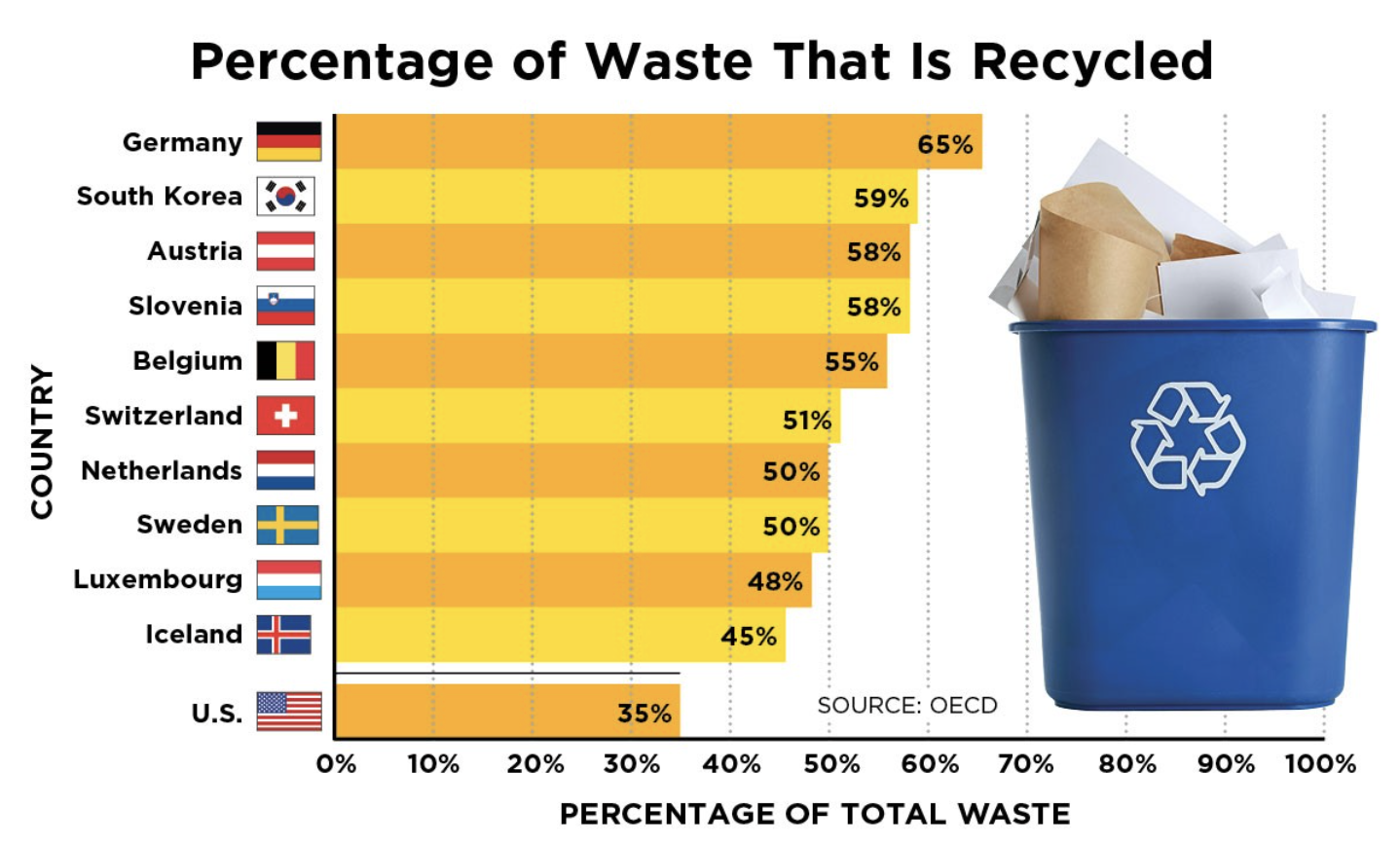
The latter has been through several ways:
Public Outreach: Local governments engage citizens through public awareness campaigns, workshops, and informational sessions. These initiatives teach residents about proper waste separation, recycling procedures, and the environmental impact of their actions.

School Programs: German schools often integrate recycling education into their curriculum. This early exposure to the importance of recycling instills a sense of responsibility in the younger generation, creating a culture of sustainability that transcends generations.

Community Events: Municipalities regularly organize events centered around recycling and waste reduction. These events not only educate citizens but also provide practical experiences, such as upcycling workshops and waste collection drives.

Germany’s municipal recycling success is also owed to its sophisticated recycling infrastructure, which streamlines the process and maximizes resource recovery.
-
Sorting Technology: Recycling centers in Germany employ cutting-edge sorting technology that separates various materials efficiently. This technology minimizes contamination and ensures that recyclables are properly categorized for further processing.
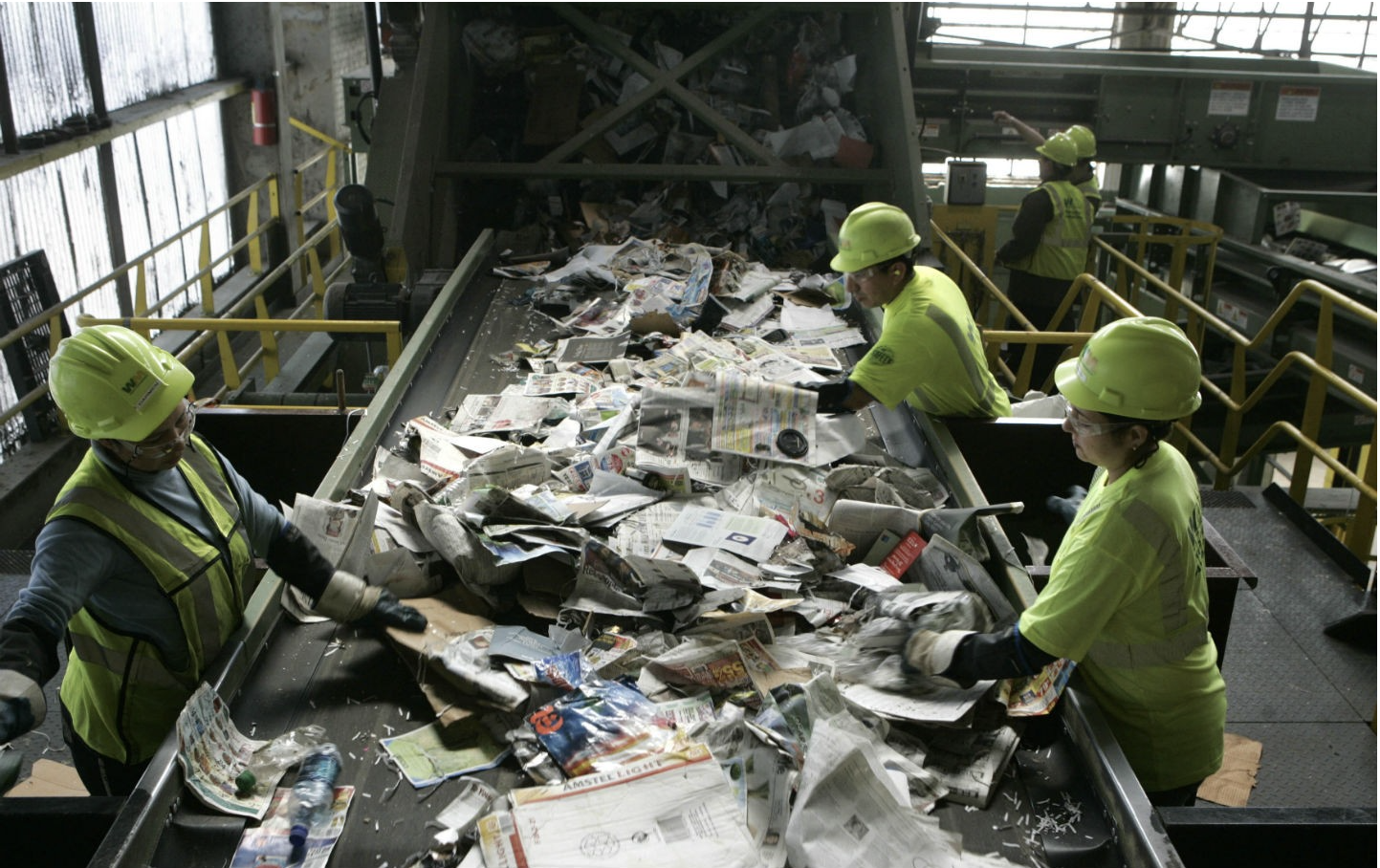
-
Depot Systems: Many municipalities feature recycling depots where citizens can drop off specific items, such as electronics, hazardous waste, and bulky items. This system ensures responsible disposal and encourages the recycling of materials that might otherwise end up in landfills.
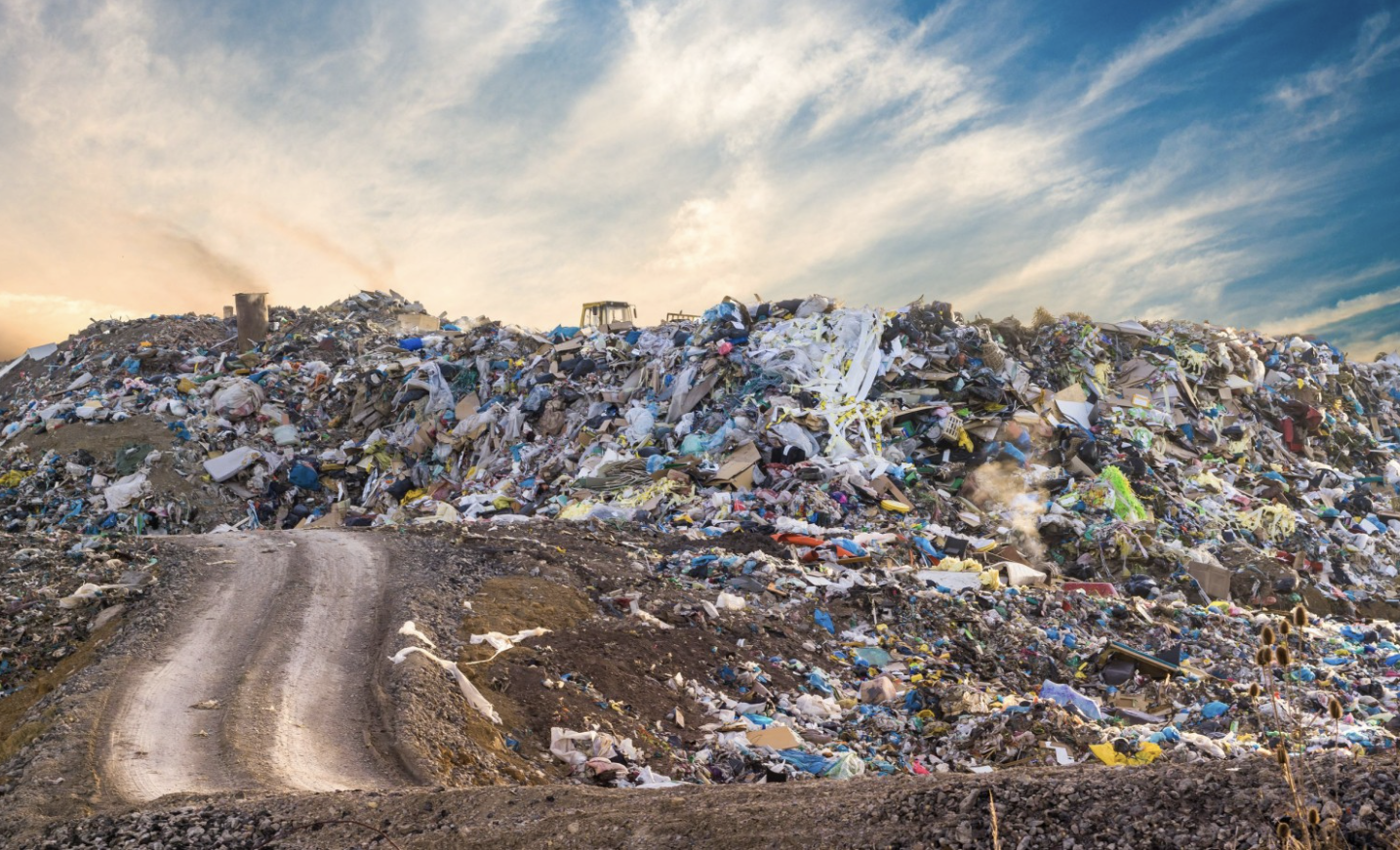
-
Bottle Deposit System: Germany’s bottle deposit system, known as “Pfand,” has proven successful in encouraging the return of beverage containers. By providing a financial incentive, this system promotes recycling while reducing litter.
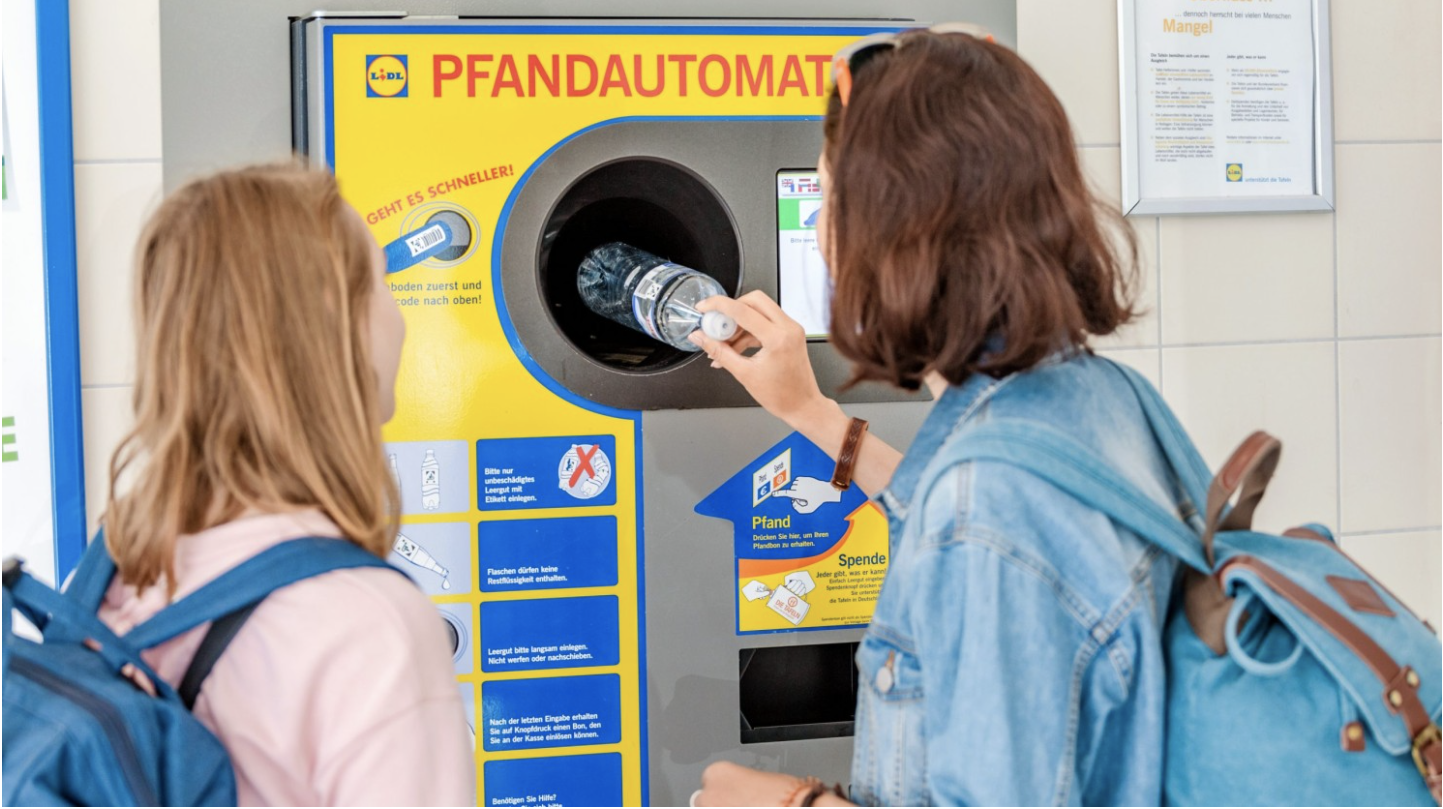
Germany’s commitment to sustainability extends beyond just recycling—it encompasses a broader environmental ethos that influences its municipal operations.
-
Composting: Many municipalities promote composting by providing households with compost bins for organic waste. This not only diverts organic materials from landfills but also produces nutrient-rich compost that can be used in gardens and agriculture.
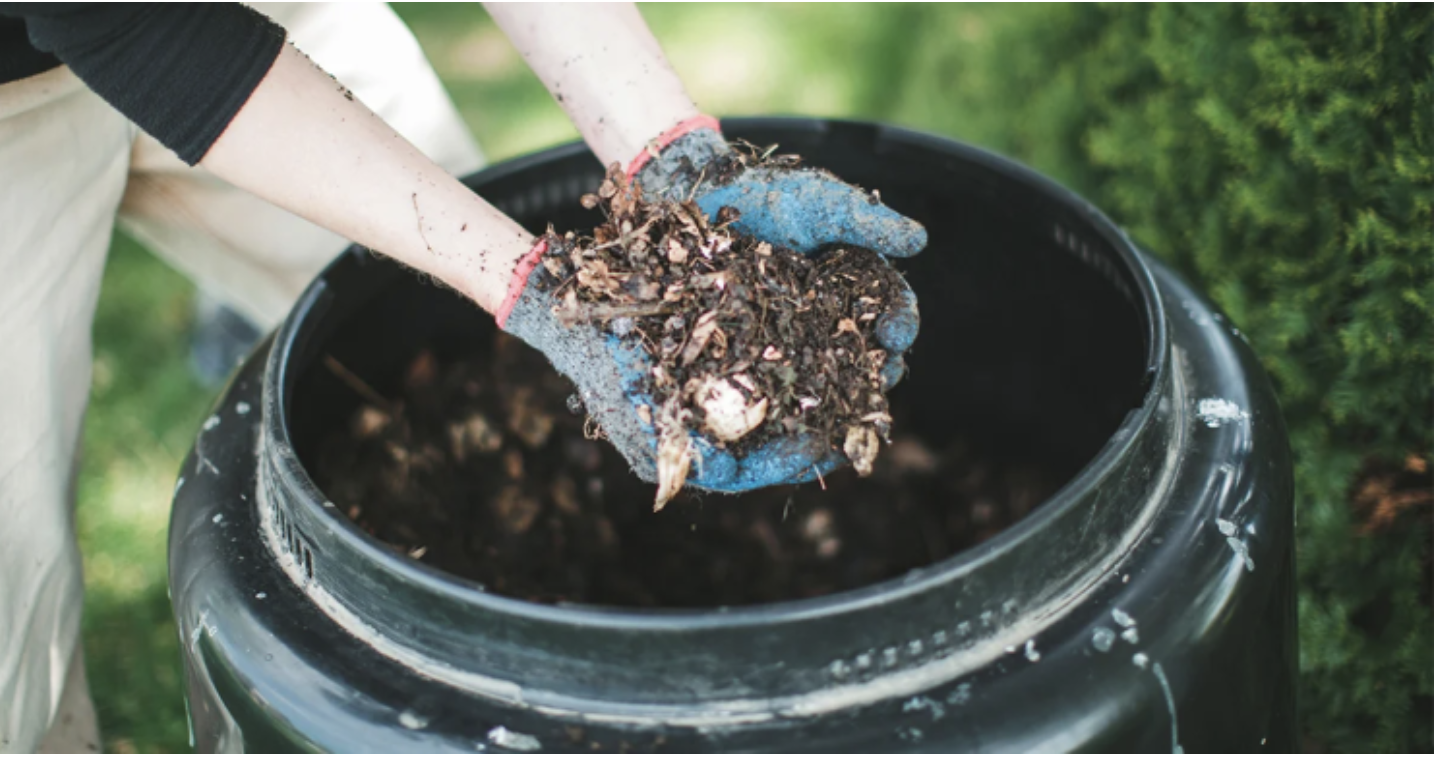
-
Resource Recovery: German municipalities actively pursue resource recovery from waste streams. Materials that cannot be recycled are often used for energy generation through waste-to-energy facilities, contributing to a circular economy approach.
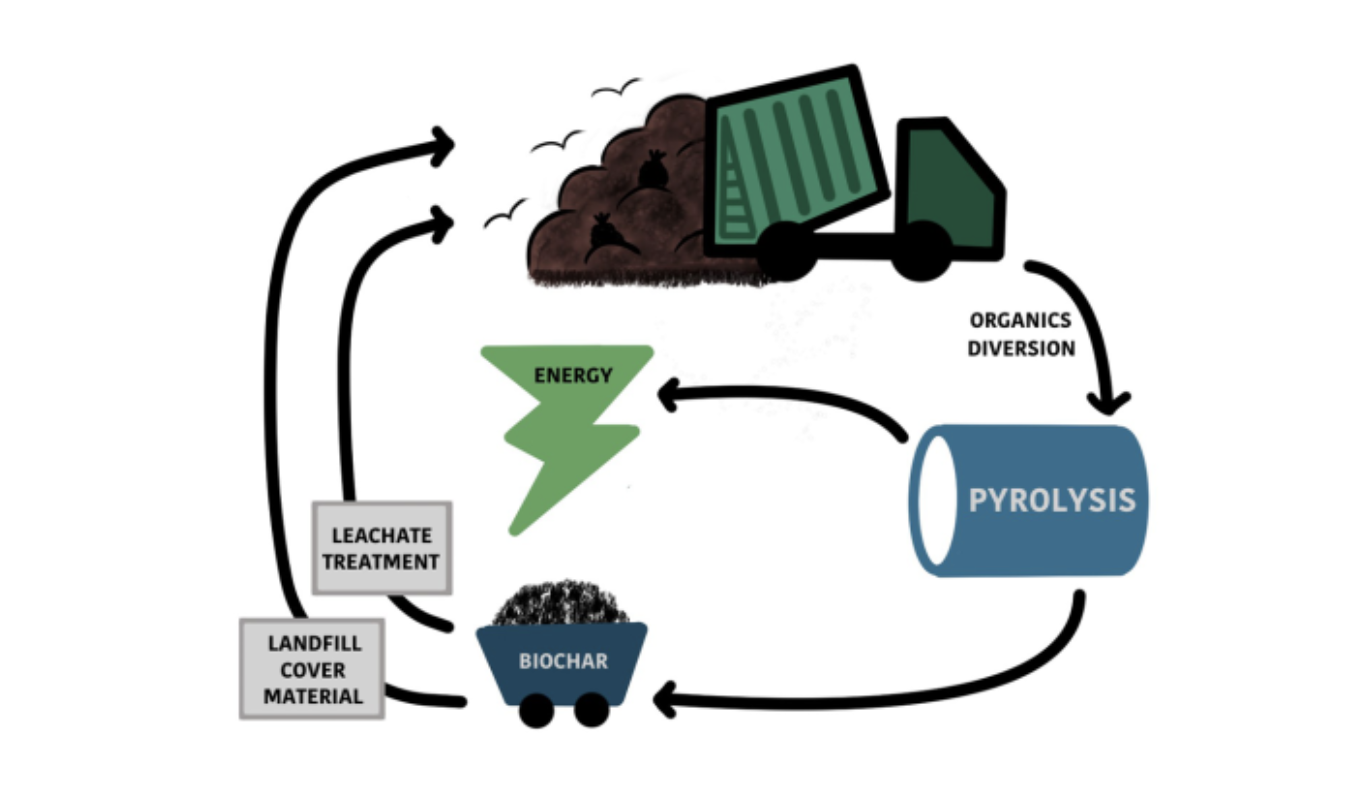
-
Green Spaces and Biodiversity: Municipalities often integrate green spaces and wildlife habitats into their urban planning. These initiatives support biodiversity and enhance the overall environmental quality of the community.

Germany’s exceptional recycling achievements on a municipal level serve as a model for communities around the world. By prioritizing citizen engagement, implementing innovative infrastructure, and fostering sustainable practices, German municipalities have demonstrated that effective recycling is achievable and beneficial for the environment and society as a whole.
Germany’s efforts to reduce plastic pollution and become more environmentally friendly are an inspiration to many countries around the world. In addition, companies in Germany are trying to find alternative ways to promote sustainability and considerations for global issues.
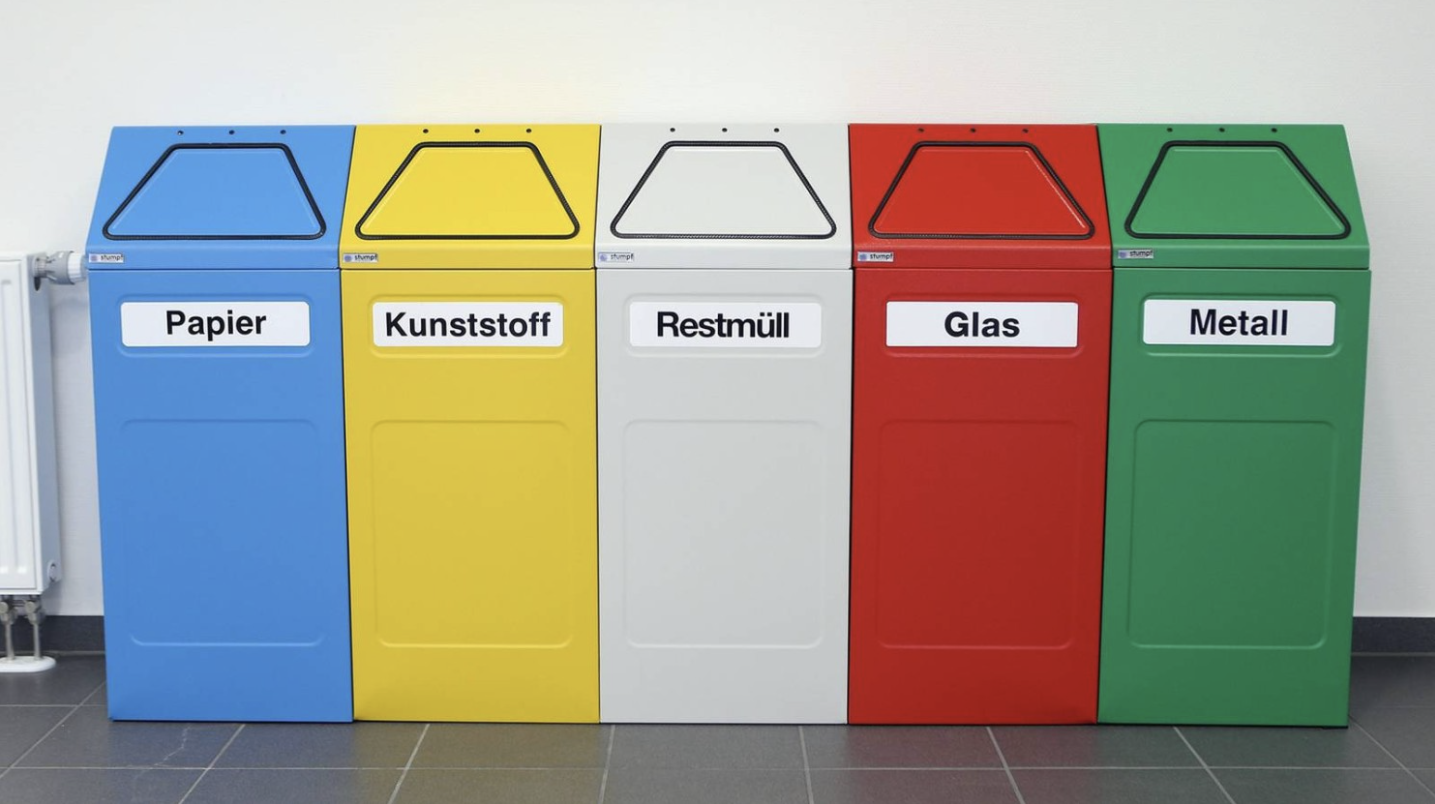
Similarly, the Happy Turtle Straw also aims to create a real impact on an international level starting in Switzerland and in Europe. We are a company that offers straws made from rice to many restaurants, hotels and public events in an attempt to reduce the use of plastic straws that have a negative impact on the environment. Learn more about our products and their overall purpose on our official website: thehappyturtlestraw.com.





